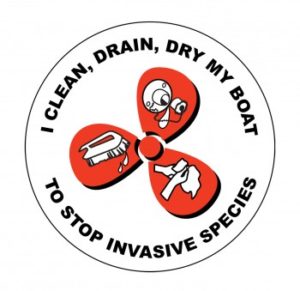West Nile Virus
There have been no reported human cases of West Nile Virus in British Columbia to date (Fall 2009), though it has been found throughout the rest of Canada. According to the Public Health Agency of Canada, for most Canadians the risk of West Nile virus infection is low, and the risk of serious health effects from the virus is even lower.
NB: In August 2009 the first cases were confirmed in animals (horses) in the Osoyoos/Oliver area. The animals are being treated and thoroughly monitored.
However, the virus has been reported in people, animals, and birds in over 90 per cent of the North American continent since it was first discovered in New York City in 1999. The worst human outbreak was in 2002 when 4,000 people were affected in N. America. In 2005, 200 Canadians were diagnosed with the virus.
Because West Nile is carried by mosquitoes, people should stay away from areas of heavy mosquito infestation such as wetlands or low-lying swampy areas. Precautions should also be taken in yards and gardens (see below).
What is West Nile Virus?
It’s a potentially serious disease affecting the nervous system. The virus, carried by many common species of mosquitoes, largely infects birds and in particular crows, ravens, jays and magpies. Humans and other mammals can also be infected.
Where did it come from, and when?
It originated from Africa, West Asia, and the Middle East. The first confirmed cases on our continent were in the Eastern U.S. in 1999. A recent CBC radio interview noted the mosquitoes probably came to Canada from West Asia in shipments of tires.
How could I get it?
You CANNOT catch it from animals or people.
To get West Nile Virus, you have to be bitten by a mosquito infected with the virus.
Statistically, a person’s risk of contracting West Nile is low, and less than 1% of those infected develop serious illness from the virus. Those at highest risk for serious illness are the elderly and those with lowered immune systems. However, people of all ages can develop serious illness, so it is important for everyone to protect themselves from mosquito bites to minimize the risk of infection.
What are the symptoms?
80 per cent of people will experience no symptoms at all. Up to 20 per cent will experience cold or flu-like symptoms – nausea, dizziness, fever, headache, tiredness, and occasionally a skin rash. It can last a few days to several weeks. One in 150 people infected with the virus will be seriously affected, with symptoms including high fever, neck stiffness, stupor, disorientation, coma, tremors, convulsions, muscle weakness, vision loss, numbness and paralysis. Permanent brain damage or death may follow.
How can I prevent it?
- The best way is to avoid mosquito bites.
- Use insect repellant containing DEET on your skin and your clothing.
- Ensure the screens on doors/windows are in good repair.
- Wear long-sleeved tops and long pants. Light-coloured clothes help.
- Avoid going out at dawn and dusk, when mosquitoes are most active.
- Get rid of mosquito breeding sites: mosquitoes can go from eggs to adults within 24 hours and need only tiny amounts of water to breed. Look around your garden and get rid of ANY standing water, however small. Empty or turn over garden furniture and tools, buckets, eavestroughs, tires, kids’ wading pools etc. Sweep away puddles. Change the water in pet dishes and bird baths frequently.
What do I do if I see a dead bird?
Rule Number One: don’t touch it! If possible cover it with a bucket or similar, and telephone 1-866-300-0520. Health authorities will come and take it away for analysis.






